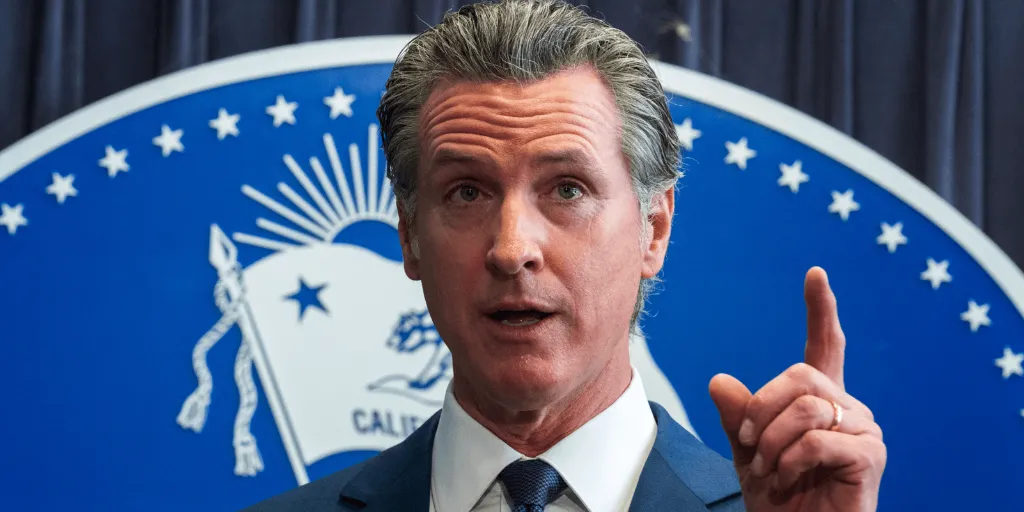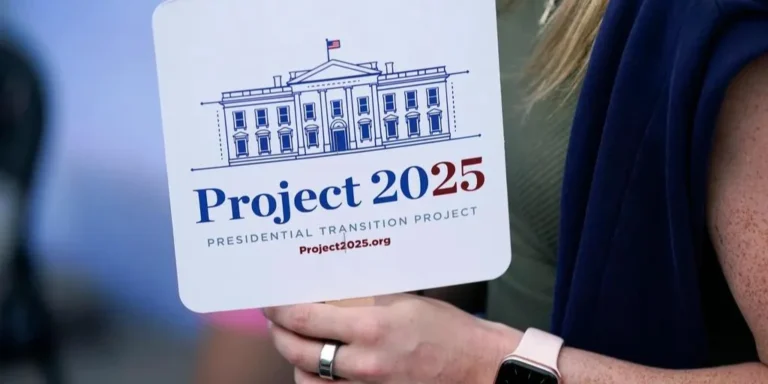
In a landmark move, California has passed groundbreaking legislation to safeguard adult performers from the potential misuse of artificial intelligence (AI) technology. Governor Gavin Newsom signed Assembly Bill 2602 into law on September 17, 2024, marking a significant victory for performers' rights in the digital age.
The new law, set to take effect on January 1, 2025, addresses growing concerns about the unauthorized use of AI-generated digital replicas in the adult entertainment industry. It aims to prevent the exploitation of performers' likenesses without their explicit consent.
AB 2602: Empowering Performers in the AI Era
Assembly Bill 2602 focuses on protecting living performers by ensuring their consent and fair representation in contracts involving AI-generated digital replicas. The law mandates that:
This legislation aims to prevent the exploitation of performers through vague or unfair contractual terms that might otherwise allow for unregulated production and distribution of their digital likenesses.
AB 1836: Protecting the Legacy of Deceased Performers
Complementing AB 2602, Assembly Bill 1836 extends protection to deceased performers by:
This law ensures that the legacies of performers are respected and protected even after their passing, addressing concerns about the posthumous exploitation of celebrity likenesses.
Addressing Deepfake Concerns

The legislation comes in response to the rapid advancement of deepfake technology, which has raised alarms about potential abuse in the adult film industry. Deepfakes, highly realistic AI-generated videos that can superimpose a person's face onto another body, have become increasingly sophisticated and accessible.
Reports of non-consensual deepfake pornography have surged in recent years, with devastating consequences for victims. California's new law aims to curb this trend by giving performers more control over their digital presence and providing legal recourse against unauthorized use of their likenesses.
Industry and Union Support
SAG-AFTRA, the union representing over 160,000 performers, has been a vocal advocate for such protections. The union's president hailed the new law as a crucial step in preserving performers' autonomy and dignity in an evolving digital landscape.
The adult entertainment industry, known for its early adoption of new technologies, now faces the challenge of balancing innovation with ethical considerations. Many industry leaders have expressed support for the legislation, recognizing the need to protect performers' rights in the AI era.
Broader Implications
As the global hub of both the tech and adult entertainment industries, California's move is likely to have far-reaching implications. Other states and countries may look to this legislation as a model for their own efforts to protect performers and individuals from AI exploitation.
The law is part of a broader package of AI-related bills signed by Governor Newsom, addressing various aspects of artificial intelligence use in California. These laws collectively aim to position the state as a leader in responsible AI development and implementation.
Challenges and Criticisms
Critics argue that the law may face challenges in enforcement, particularly when dealing with international production companies or online platforms. Concerns have been raised about the potential impact on smaller content creators and the difficulty of policing AI-generated content across borders.
Preparing for Implementation
As the January 2025 implementation date approaches, stakeholders in the adult entertainment industry are preparing for the changes. Production companies, performers, and legal experts are working to understand the full implications of the new law and how it will shape the future of adult content creation in California and beyond.
Educational initiatives are being developed to inform performers about their rights under the new legislation, while industry associations are creating guidelines to help companies comply with the law's requirements.









